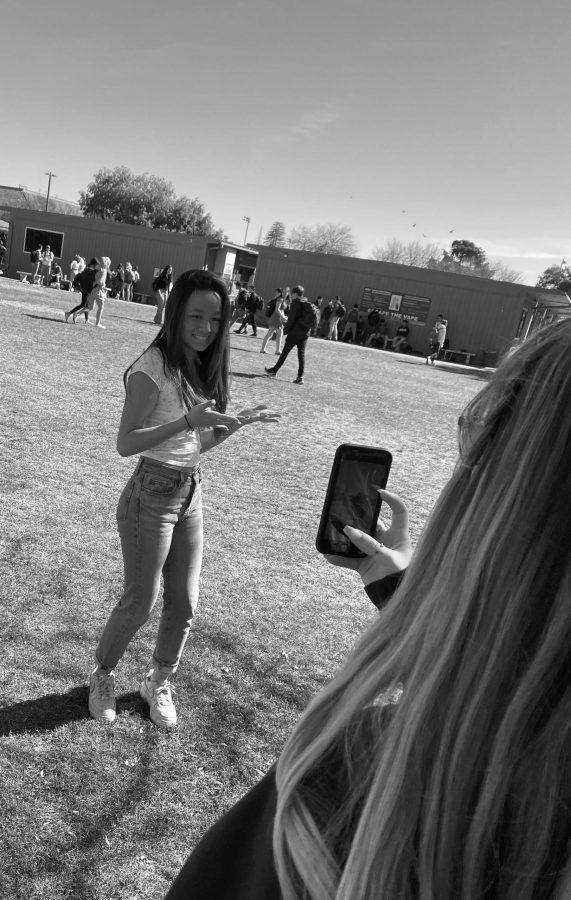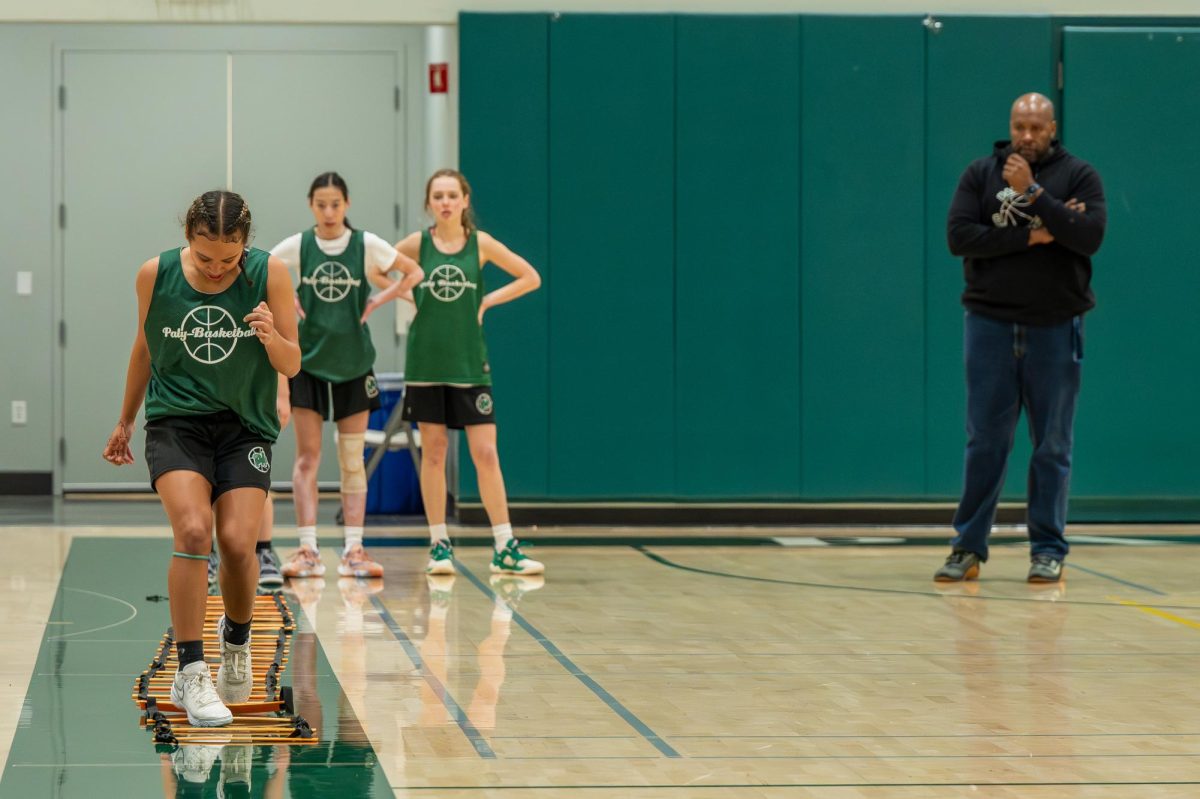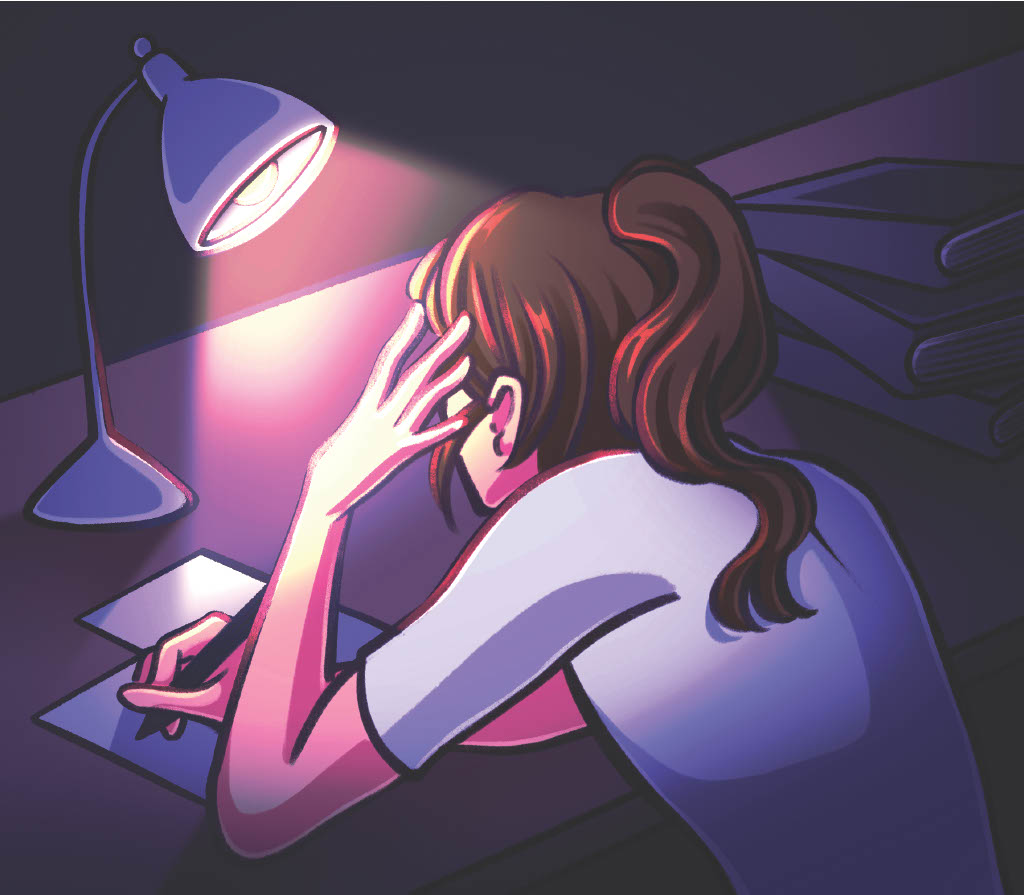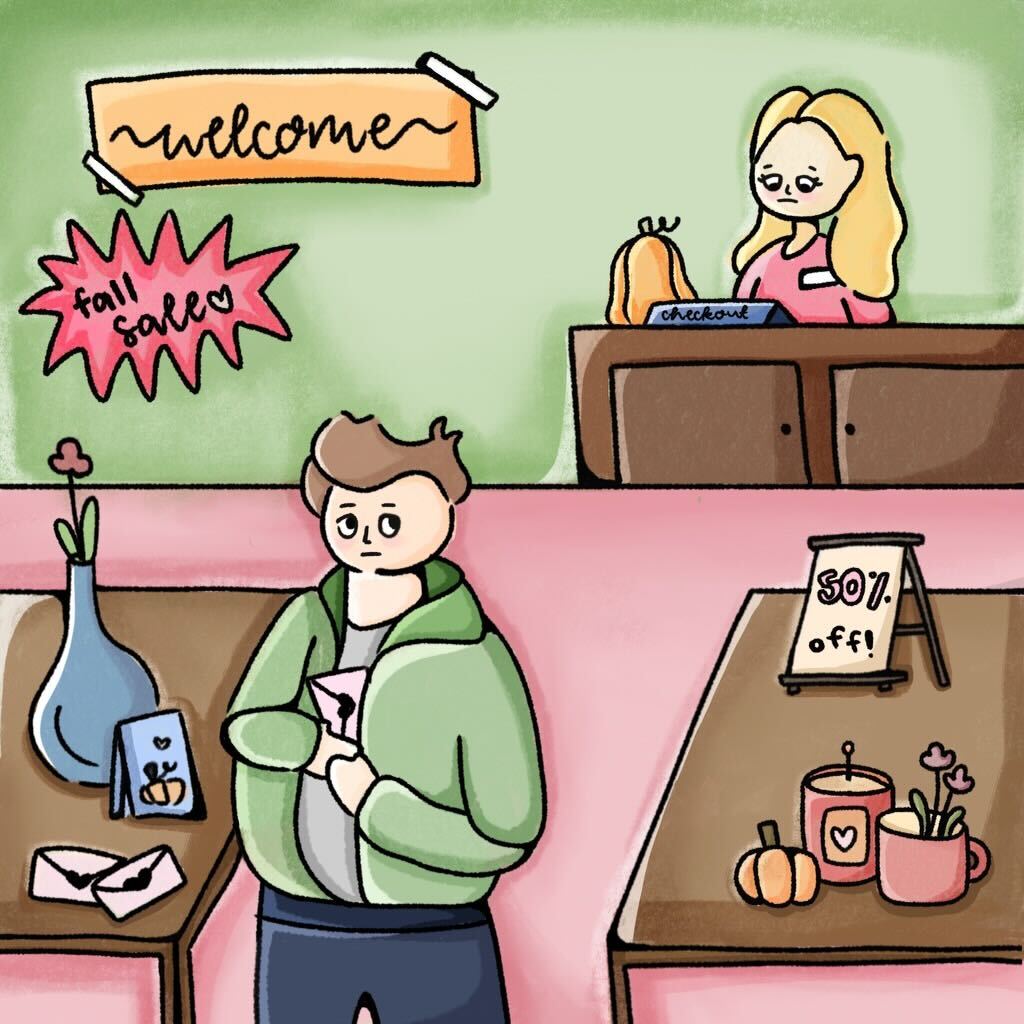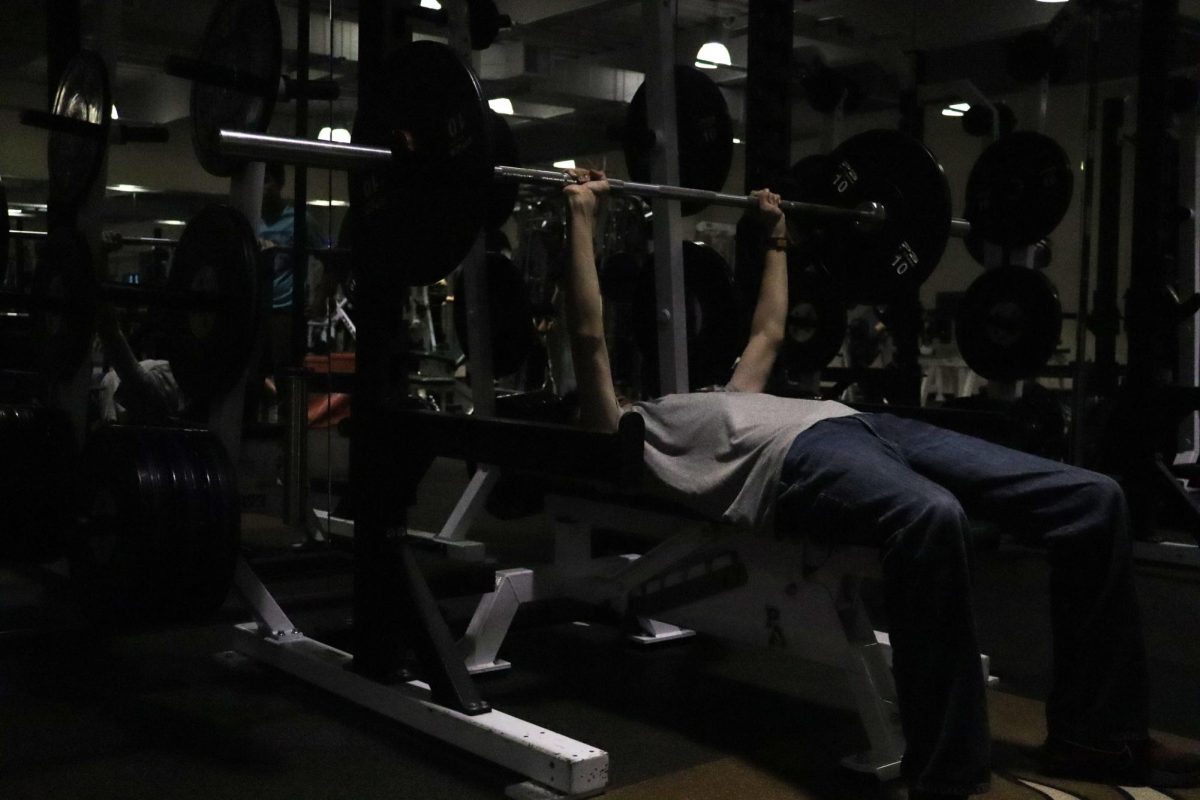Remember Vine? The app, which began in 2013 as a popular video-sharing platform, was shut down by 2016. A new app has since risen and is now a household name: TikTok. It is a free social media app where users post short video snippets.
Senior Ally Kim has gained over 60 thousand followers on TikTok.
“TikTok gives every user the opportunity to gain a platform through its For You page,” Kim said. “The dances and trends on TikTok are fun and simple to do and also it’s the closest thing we have to Vine at this point.”
The popular app is owned by ByteDance, a Beijing-based company founded in 2012 by Zhang Yiming. It came to the U.S. in August 2018 after merging with similar video-sharing platform Musical.ly.
In the age of consumer data and privacy issues, however, TikTok has been under public and government scrutiny.
The U.S. government has voiced concerns that the Chinese government is collecting TikTok users’ data and using it for political purposes such as silencing political dissenters in Hong Kong.
After the U.S. government raised their concerns, the U.S. Army decided to ban its soldiers from using TikTok on government-owned phones based on concerns that the app represents a national security threat, and can be used to surveil Americans.
According to an article by Justine Calma in The Verge, the U.S. government considers TikTok a cyber-threat and has instructed all government employees to uninstall TikTok to circumvent any exposure of personal information.
Junior Brooke Hansen says that she has stopped uploading to the platform due to concerns about the privacy issues related to TikTok.
“I would suggest all users educate themselves on the situation,” Hansen said. “Although there is awareness of potential issues with TikTok’s privacy and the way it uses the data it collects, nothing has been confirmed, leaving consumers unsure of how to react. I wouldn’t necessarily tell someone to stay on the app or leave it, especially since it doesn’t seem like we have heard definitive answers to the said concerns.”
According to The Guardian, in November 2019, TikTok blocked Feroza Aziz, a 17-year-old from New Jersey, after she posted a video that was disguised as a makeup tutorial, but actually criticized the Chinese government for its treatment of Muslim minorities.
TikTok’s blocking of Aziz was ill-received by its community and seen as a form of censorship. TikTok later apologized to the teenager and said the removal of her video was a “human moderation error.”
Aziz refused to accept TikTok’s explanation for the incident and later took her story to Twitter, referencing Uighurs, the Muslim minority group she talked about in her TikTok.
“Do I believe they took it away because of an unrelated satirical video that was deleted on a previous deleted account of mine? Right after I finished posting a three-part video about the Uighurs? No,” she wrote on Twitter.
TikTok said it handles moderation separately for different regions of the world, and it does not apply Chinese moderation principles to its product outside of mainland China.
However, the censorship Aziz allegedly experienced seems to prevail, sometimes in more subtle ways than others.
“None of my videos have been banned; however, it’s very common for videos to be flagged as violating community guidelines and oftentimes, it’s with no justification,” Hansen said.
Junior Keola Asing was one of the many users who got a post taken down.
“One of my videos got taken down for violating community guidelines even though I really wasn’t doing anything,” Asing said. “I was just lip syncing to the song, nothing inappropriate. I wasn’t even dancing.”
She also explained how annoying it can get when these random flaggings do occur.
“Yet there are many TikToks with blatantly sexual content that seems to pass those community guidelines,” Hansen said. “More often than not, it’s TikToks that are made by girls that aren’t allowed to be viewed publicly while TikToks made by infamously promiscuous teenage boys get millions of views. Someone would have to be oblivious not to notice this.”
Unlike many other popular apps, TikTok does not publish the artificial intelligence tools or criteria it uses to regulate removals and suspensions of users’ videos.
Although TikTok said it does not act on behalf of the Chinese government, not everyone is convinced.
Hansen said, “While TikTok has repeatedly stressed that it does not take orders from the Chinese government in terms of what content it promotes or removes outside of China, it has done little to quench the suspicion, given that all Chinese companies are not only accountable to its shareholders, but also to the Chinese Communist Party.”

